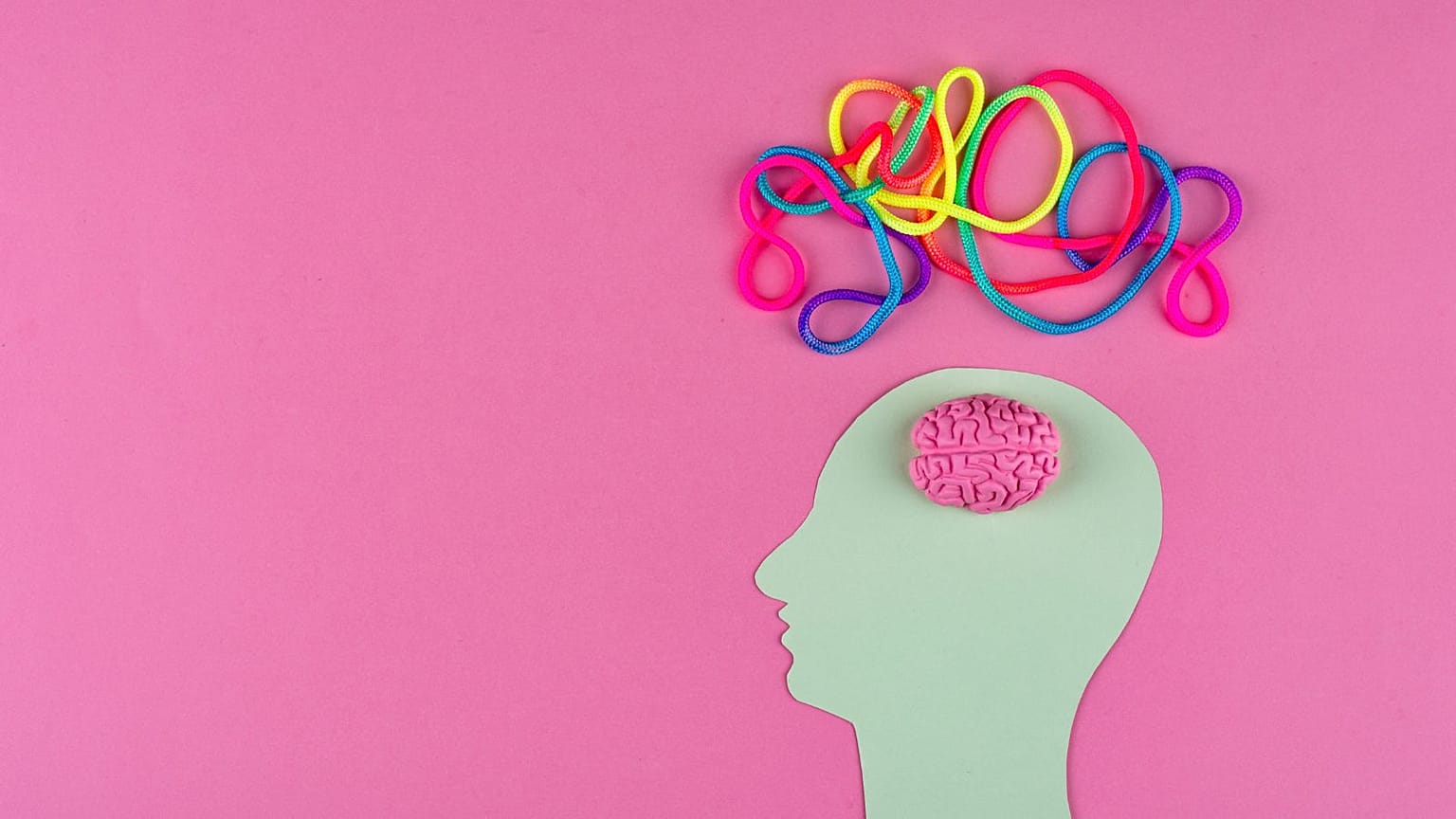Feel too old to take up a new hobby? Think again. A new study suggests humans reach their cognitive prime between the ages of 55 and 60.
Most of us dread the thought of getting older, but new research suggests an unexpected benefit of ageing: our mental functioning peaks between the ages of 55 and 60.
While previous studies have found that humans reach their physical peak in their mid-twenties to early thirties, researchers in Australia found that our psychological processing abilities continue to improve.
It’s welcome news for those questioning whether it’s too late to pivot careers or take up new hobbies, but also highlights the value older minds bring to society.
“While several abilities decline with age, they’re balanced by growth in other important traits,” Gilles Gignac, co-author of the study and professor of psychology at the University of Western Australia, told The Conversation.
“Combined, these strengths support better judgment and more measured decision-making – qualities that are crucial at the top,” he added.
The study, which was published in the journal Intelligence, was conducted by first identifying 16 core psychological characteristics. These included cognitive abilities such as reasoning and memory, along with the 'big five' personality traits: openness, conscientiousness, extraversion, agreeableness, and neuroticism.
The researchers then used pre-existing data sets to measure how each trait evolved over lifespans, which in turn revealed a “striking pattern”.
“Overall mental functioning peaked between ages 55 and 60, before beginning to decline from around 65,” Gignac wrote. “That decline became more pronounced after age 75, suggesting that later-life reductions in functioning can accelerate once they begin”.
Notably, certain individual traits peaked even later in life, including conscientiousness at 65 and emotional stability at 75.
Age is just a number
For a long time, it was believed that humans’ cognitive abilities peaked in their 20s, plateaued in middle age, then gradually declined. A growing body of research has long since disproved this, showing evidence that the brain continues to change and develop throughout our lives.
However, the contexts and specificities of each individual’s brain functions make it incredibly difficult to establish a broader consensus on when exactly our mental functions peak: while certain traits might strengthen for some, others will weaken.
“It is hard to decide which aspects of cognition are most important to study,” Mischa von Krause, a researcher at Heidelberg University in Germany, told Euronews Health. “Their relative importance probably greatly depends on the context and research question at hand”.
In a 2022 study published in Nature Human Behaviour, von Krause used response times in combination with a large online data set of over a million participants to measure mental speed as we age. The results closely aligned with Gignac’s study, revealing that certain cognitive functions only start to slow after 60.
“Over large parts of the human lifespan, and especially over the span of a typical working life from 20 to 65 years, the speed at which people respond to external stimuli decreases. Our research indicated that this slowing did to a large part not reflect a decrease in mental efficiency, at least in the data set and task we studied,” von Krause said.
"Until older adulthood, mean levels in the efficiency of information processing in the task we studied barely changed”.
In contrast, a study published in 2020 measured the mental performance of professional chess players specifically.
“In our case, the [mental] peak was reached between 35 and 40,” Anthony Strittmatter, the study’s author and professor of applied econometrics at UniDistance Suisse, told Euronews Health.
“The quality of the [chess] moves is increasing with age until you reach this settle point, and then afterwards it's declining again”.
But as researchers continue to investigate the mysteries of our ageing minds, one thing’s for certain: there’s reason to feel optimistic. Contrary to the messaging that we’re “past it” at a certain number, this latest study is further proof that we’re sharper than we realise.
As Gignac summarises, “age alone, then, doesn’t determine overall cognitive functioning. So evaluations and assessments should focus on individuals’ actual abilities and traits rather than age-based assumptions”.


















